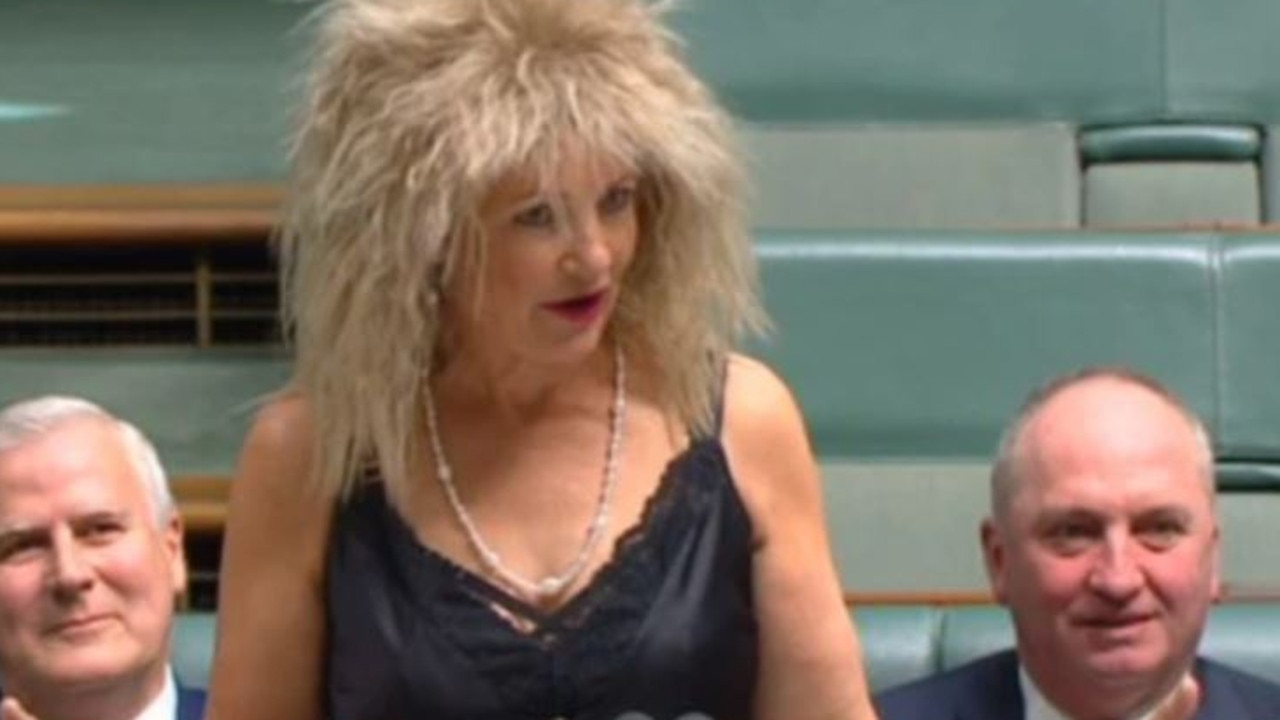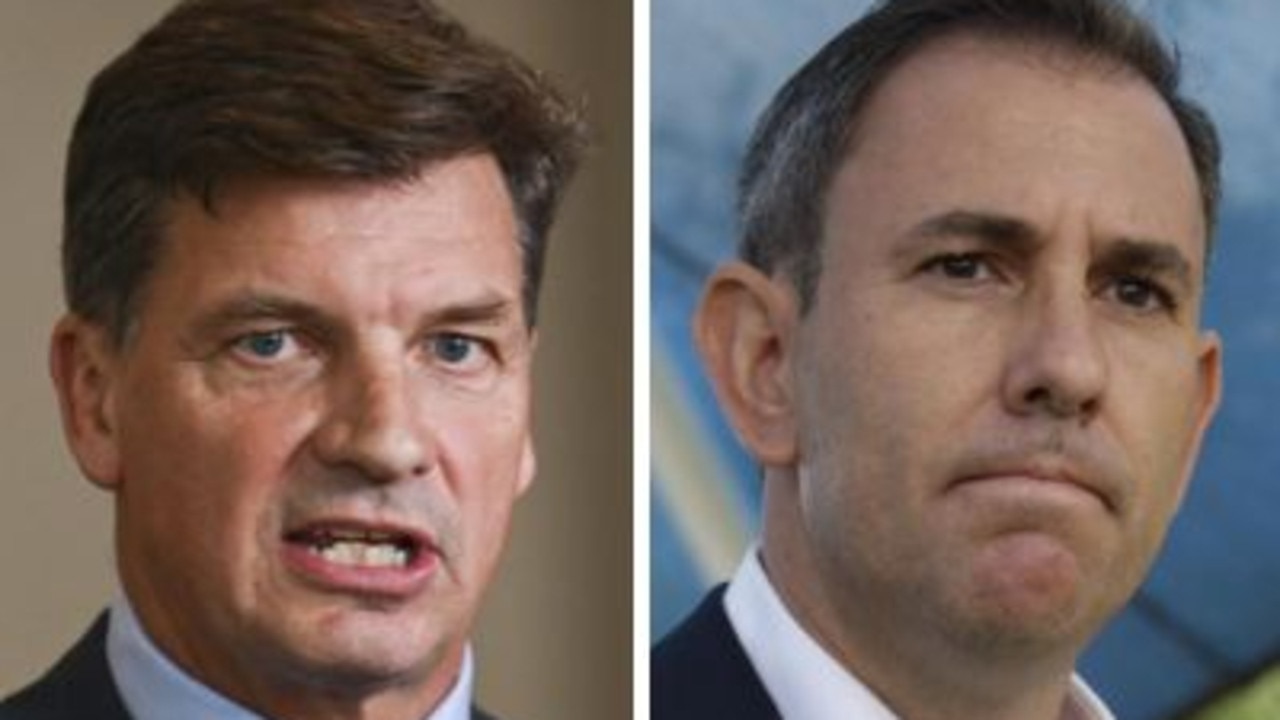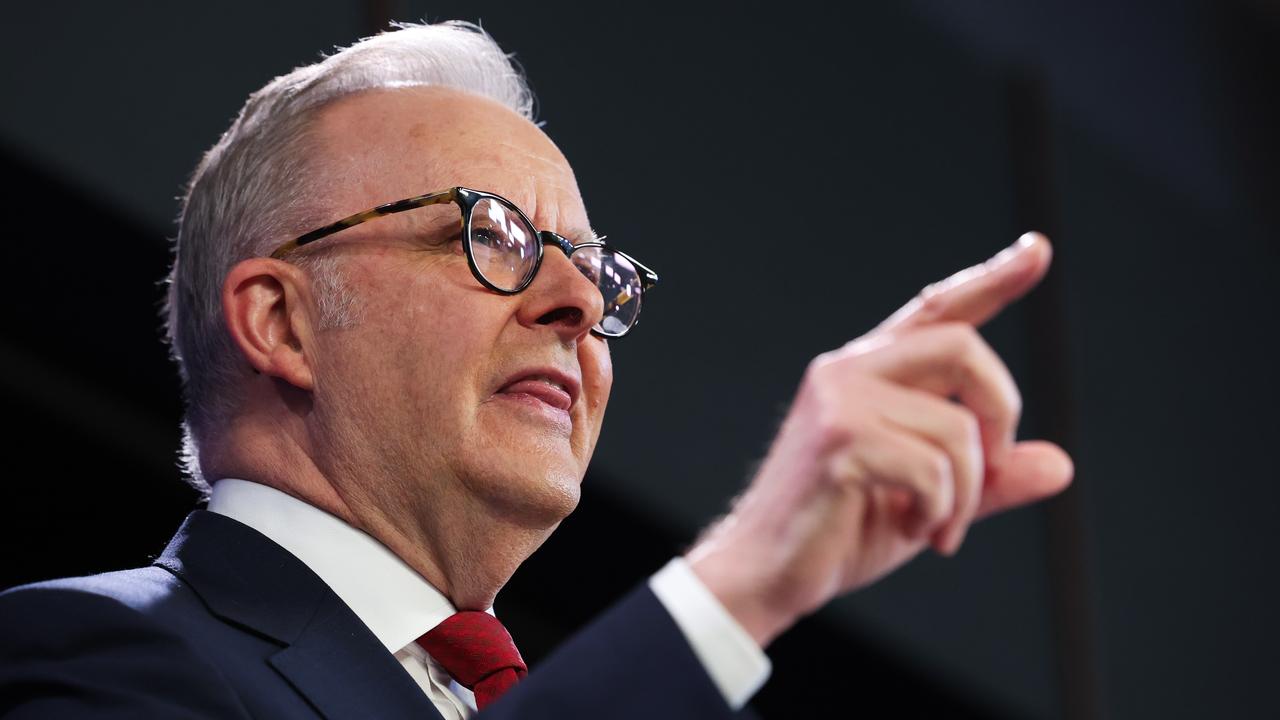Taxing the rich isn’t the simple solution Bill Shorten is claiming
LABOR will go to the next election telling voters they should be comfortable with a government taking a huge chunk of the income of some Australian workers.
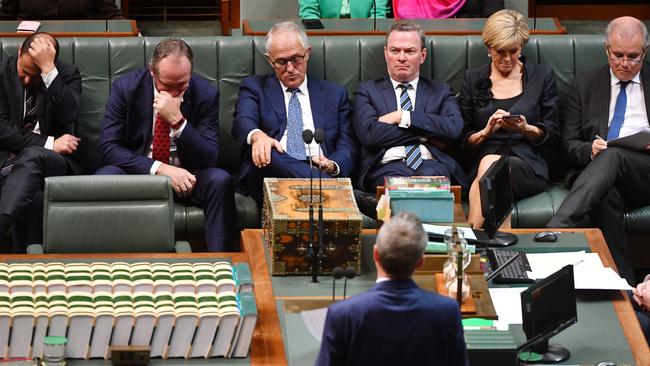
ANALYSIS
LABOR will go to the next election telling voters they should be comfortable with a government taking half the income of some of the nation’s most valuable workers.
It’s doubtful they will.
But that’s the tax equation outlined by Opposition Leader Bill Shorten which the Government is calling class warfare but which Labor says is about fairness and equity.
It is a fiscal and political punt that the eight million Australians earning under $180,000 will back an old fashioned target-the-rich tax regime. And that those under-$180,000 workers don’t want to earn above it, or think they ever will.
Effectively Labor is warning: If you work hard to earn $200,000 a year, we will leave only half of your extra effort rewarded — earnings over $180,000.
The worse prospect of this type of assault on the upper income brackets is for tax exiles and a skills drain as the tax structures of other countries make the Australian model unattractive.
Alternatively, the highly skilled and in-demand professionals will start charging more to cover their tax bills, leaving little for rank-and-file earners.
Certainly tax is now looming as the prime element of the next election scheduled for 2019.
That will include the Coalition’s plan for a $65 billion tax cut for big business, a plan unlike to get through he Senate without change, and a $6.2 billion tax over four years on the biggest banks which have accumulated annual profits of $30 billion.
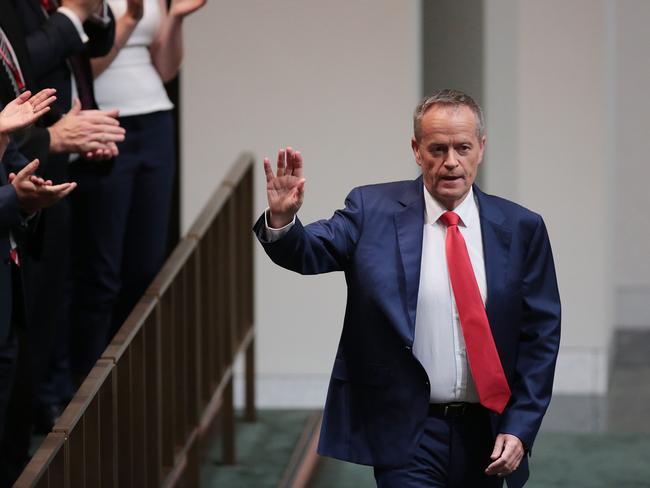
The Turnbull government also wants a sliding-scale increase in the Medicare levy to sustain the National Disability Insurance Scheme, starting at a family income of $36,000 a year.
Under Labor, earners already in the middle and top brackets would have to continue paying a two per cent Budget repair levy and a 0.5 per cent increase in the Medicare levy to pay for shortfalls in NDIS funding.
The deficit levy would hit those earning $180,000 and above, and the extra Medicare levy would apply to incomes from $87,000. Together, they would amount to a 49.5 per cent tax on incomes over $180,000. That would be a glaring contrast to, for example, Singapore where the top income tax rate is 22 per cent.
Both the Coalition and Labor are entering — or by some definitions fully occupying — the territory of a Big Government at a time when minimalism is a global political theme.
There will be heated debates on funding spending programs by both sides.
Labor will be pressed to explain why it wants a tax to rescue the NDIS while insisting the scheme is already fully funded.
Only the tax on banks will survive the Senate intact.

